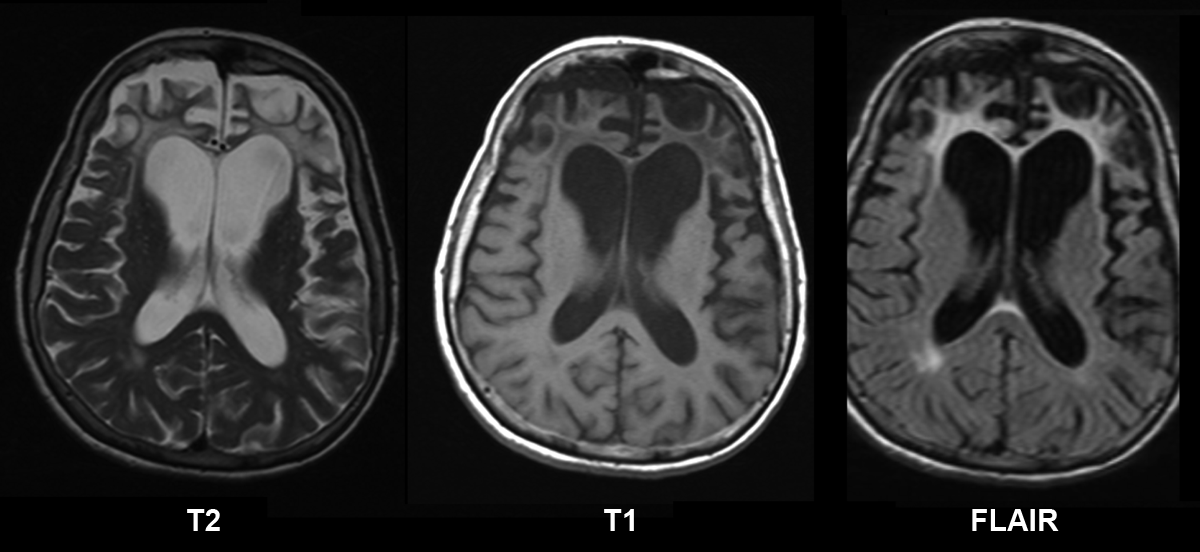A brain disorder is any condition that affects the structure or function of the brain, disrupting its ability to carry out its functions. Brain disorders arise from various causes, including genetic predispositions, infections, neurodegenerative processes, trauma, or even chemical imbalances. Neurology plays a key role in identifying and managing these conditions. Neurologists, through their expertise, help shed light on brain-related challenges, guiding patients toward better health outcomes. Here’s more on who neurologists are, how they assist their patients, and the advanced tools they use for diagnoses:
What Is a Neurologist?
A neurologist is a medical professional who specializes in diagnosing and treating diseases of the nervous system. This includes the brain, spinal cord, and peripheral nerves. From migraines to serious neurodegenerative disorders like Parkinson’s disease, neurologists address a wide range of conditions. Their goal is to pinpoint the root cause of symptoms and develop personalized treatment plans with patients.
How Do Neurologists Help Their Patients?
Neurologists provide comprehensive care by identifying and managing a variety of brain disorders. Whether it is a recurring headache, seizures, or unexplained cognitive changes, neurologists ask detailed questions about family history, lifestyle, and symptoms to better evaluate the condition. For patients with chronic conditions, such as epilepsy or multiple sclerosis, neurologists create long-term, tailored care plans. These plans often involve adjusting medications, suggesting lifestyle modifications, and coordinating with other specialists for a holistic approach.
What Diagnostic Tools Do They Use?
Neurologists use cutting-edge technology to diagnose patients. Their tools and methods are built to uncover even subtle signs of disorders. By combining personal care with these advanced techniques, they bridge the gap between symptoms and treatment, providing clarity to both patients and their families. Some tests they use for diagnosing different conditions include autonomic testing, EMG tests, and blood tests.
Autonomic Testing
Autonomic testing helps neurologists evaluate a patient’s autonomic nervous system, which regulates functions like heart rate, blood pressure, and digestion. This test is fundamental when addressing conditions like autonomic neuropathy, which can lead to symptoms such as fainting or abnormal blood pressure. The procedure is non-invasive and includes techniques such as tilt-table testing.
This type of testing is particularly helpful in identifying conditions like postural orthostatic tachycardia syndrome (POTS) and other forms of dysautonomia. Autonomic tests focus on:
- Heart Rate and Blood Pressure Regulation
- Sweat Gland Function
- Nerve Responses to Position Changes
- Temperature Regulation
EMG Test
An electromyography (EMG) test measures the electrical activity of muscles and nerves. This diagnostic tool helps neurologists assess neuromuscular disorders. Whether addressing carpal tunnel syndrome, ALS, or other nerve-related issues, EMG provides a clear picture of nerve and muscle performance. You may benefit from EMG testing if you are experiencing symptoms like:
- Back or Neck Pain
- Twitching
- Muscle Atrophy
- Loss of Muscle Function
- Numbness, Burning, or Tingling Sensations
- Muscle Weakness or Cramps
Blood Tests
Beyond physical tests, neurologists often use blood work to gather additional clues about a patient’s condition. Blood tests can reveal key markers of inflammation, infections, or genetic predispositions causing neurological symptoms. Autoimmune diseases leading to inflammation in the brain or vitamin deficiencies affecting cognition can be identified through specific blood panels. These diagnostic tools help neurologists accurately pinpoint conditions, providing patients with appropriate and timely care.
Contact a Neurologist Today
Brain health is at the core of our well-being, so addressing symptoms early is fundamental. Whether you or a loved one is navigating persistent headaches, memory loss, or other neurological concerns, consulting a neurologist can provide the answers and relief you need. Reach out to a qualified neurologist today to explore your symptoms and receive a tailored care plan. Early diagnosis and intervention can make a significant difference in your health.









Leave a Reply